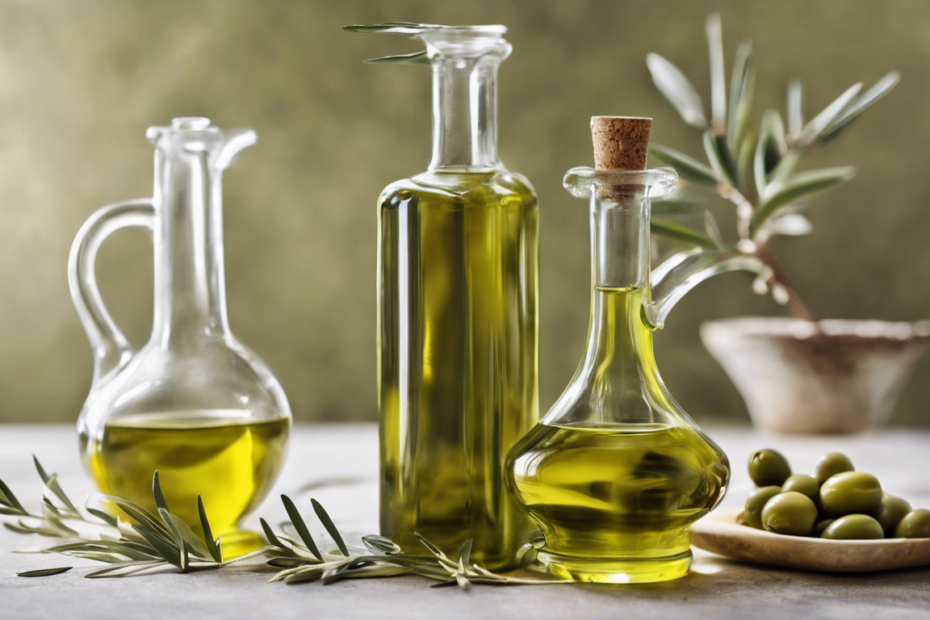Olive oil is more than just a tasty addition to your salads and dips; it’s a powerhouse of nutrients that can boost your health in numerous ways.
In this article, we’ll dive into what is in olive oil, exploring its nutritional composition, the amazing health benefits it brings, and tips on how to select the best bottle for your kitchen.
Whether you’re a foodie or just looking to enhance your diet, the secrets of olive oil are worth uncovering!
How to Choose and Use Olive Oil for Maximum Health Benefits
When it comes to choosing olive oil for its amazing health benefits, it’s essential to know what’s really in olive oil—preferably extra virgin, which is the highest quality and packed with nutrients.
Look for options that are labeled as cold-pressed; this ensures that the oil retains its antioxidants and healthy fats during processing.
An excellent olive oil should have a deep green color and a fruity aroma, indicating it’s rich in polyphenols, which are powerful antioxidants that can help reduce inflammation and lower cholesterol levels.
When using olive oil, try to incorporate it into your cooking by drizzling it over salads, using it as a base for marinades, or even adding it to your favorite pasta dishes.
Just remember, high heat can diminish some of those lovely health properties, so it’s best to use olive oil for sautéing over lower heat or adding it to dishes after cooking for a flavorful finish.
Enjoy the rich taste and health perks of this liquid gold!
Frequently Asked Questions
What nutrients are found in olive oil?
Olive oil is rich in healthy monounsaturated fats, particularly oleic acid.
It also contains antioxidants like vitamin E and polyphenols, which contribute to its health benefits.
What are the health benefits of consuming olive oil?
Consuming olive oil has been linked to various health benefits, including reduced inflammation, improved heart health, and potential protective effects against certain diseases such as cancer and Alzheimer’s.
How can I choose the best quality olive oil?
To choose the best quality olive oil, look for extra virgin olive oil, which is made from the first cold pressing of olives.
Check for a dark bottle to protect it from light and look for a harvest date to ensure freshness.
How should I use olive oil in my cooking?
Olive oil can be used in a variety of ways – you can drizzle it over salads, use it for sautéing vegetables, or incorporate it into marinades.
Just avoid using it at very high temperatures to preserve its healthy properties.
Is there a recommended daily intake of olive oil for health benefits?
While there isn’t a specific recommended daily intake, many health experts suggest consuming around 1-2 tablespoons of olive oil daily as part of a balanced diet to reap its health benefits.
